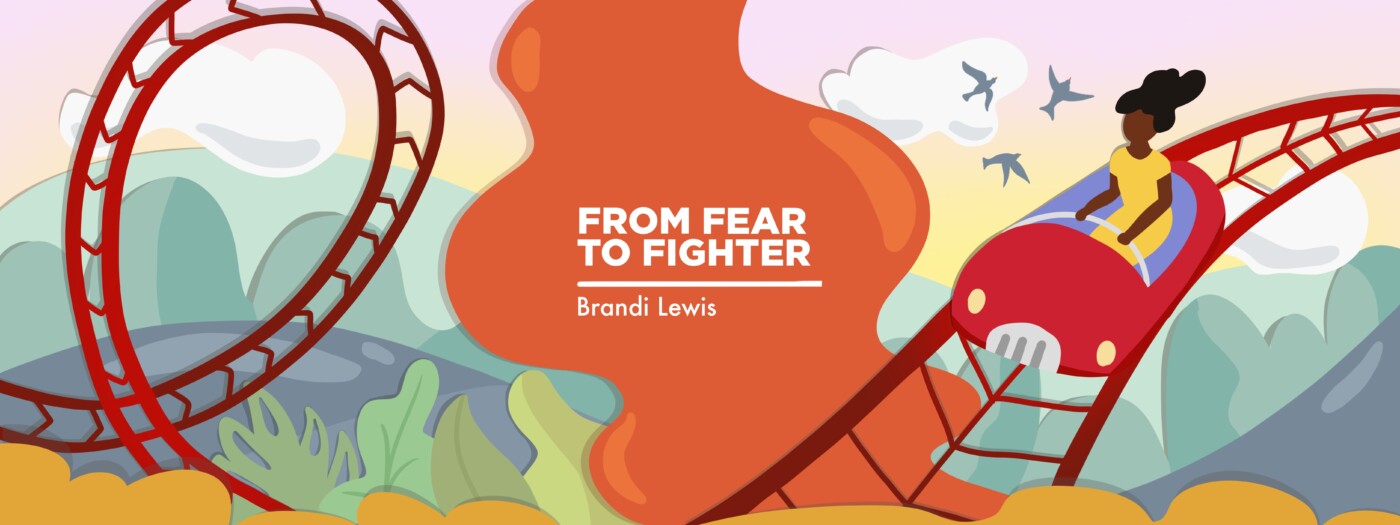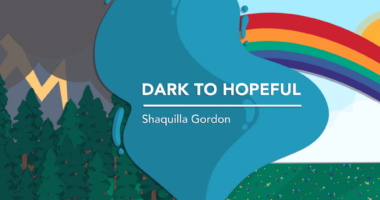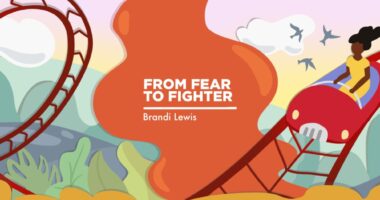Looking back on how my health journey affected my siblings
My sisters selflessly made sacrifices, but it had an emotional cost

When you’re diagnosed with a chronic illness, no one tells you how it will affect other members of the family, particularly siblings. I grew up in a close-knit family, and my mom and dad raised three strong, morally driven women who are resilient enough to face life’s challenges. But that resilience was put to the test by my health journey.
Aplastic anemia and paroxysmal nocturnal hemoglobinuria brought me into a world that no one in their 20s should have to face. As doctor appointments filled my schedule, my sisters’ lives often took a back seat without me realizing it.
When I think back to my diagnoses, I remember all of my feelings: the sadness, the questioning of “Why me?” and the days when I had to motivate myself just to make it through. Those emotions were overwhelming and unlike anything I had previously experienced. I was so consumed by them that I didn’t consider my sisters’ experiences.
When my sisters and I talk about my health journey now, I get a glimpse into what their lives were like at the time and how they felt. Listening to their perspectives always surprises me. I learn something new from each story, whether it’s how friends supported them or how the emotional toll took over their lives. These conversations often serve as emotional releases, lifting a weight from all of us and helping us heal on a journey that never looked the way we had imagined it.
There’s no road map to having a sibling who’s been diagnosed with a chronic illness, where all attention is focused on survival. From my sisters, I’ve learned about the fears and the cries for help that often accompany such experiences.
The emotional impact
I came across an article in the journal Turkish Archives of Pediatrics titled “Evaluation of quality of life of healthy siblings of children with chronic disease” that noted the following: “Children and adolescents who grow up with a sibling who has a chronic disease become more sensual and sensitive with personality characteristics expressed in terms including patience, compassion, and empathy, and probably become more easygoing, more open to communication, and socially more competent. Healthy children try to meet their own needs while helping and supporting their sick siblings and experience conflicts.”
Based on my sisters’ stories, one area that was significantly affected was their emotions. They had to hold on to the hope that their sister would recover, while also managing school and their personal lives. I never saw them falter; their hope for my success never wavered.
The emotional burden of selfless sacrifices largely focused on me involved feelings and resilience they never expected. They were learning to cope, adapting to a new life, and testing their faith. These new emotions must’ve been overwhelming for them.
My younger sister loved Kenny G, so one one night, my mom wanted to treat her to a concert. My sister was so excited, but before the concert, I wasn’t doing well and had to be admitted to the hospital. That night, my sister enthusiastically dressed up in a cute top and jeans, but she was also worried for me. I reassured her that I would be fine and encouraged her to enjoy her evening.
My mom was also nervous to leave me, but all I wanted was for my sister to experience a normal life without my health issues interfering. When they returned from the concert, my sister shared story after story. As she gave me the play-by-play, I could see that she had felt like herself again. She had fun and was able to be a typical high schooler for a night.
That experience was special because my sister deserved a night when her emotions were at the center of attention rather than my health.
I’m grateful for the selfless support of all siblings of chronic illness patients. Thank you for giving us all time to heal!
Note: PNH News is strictly a news and information website about the disease. It does not provide medical advice, diagnosis, or treatment. This content is not intended to be a substitute for professional medical advice, diagnosis, or treatment. Always seek the advice of your physician or other qualified health provider with any questions you may have regarding a medical condition. Never disregard professional medical advice or delay in seeking it because of something you have read on this website. The opinions expressed in this column are not those of PNH News or its parent company, Bionews, and are intended to spark discussion about issues pertaining to paroxysmal nocturnal hemoglobinuria.









Leave a comment
Fill in the required fields to post. Your email address will not be published.